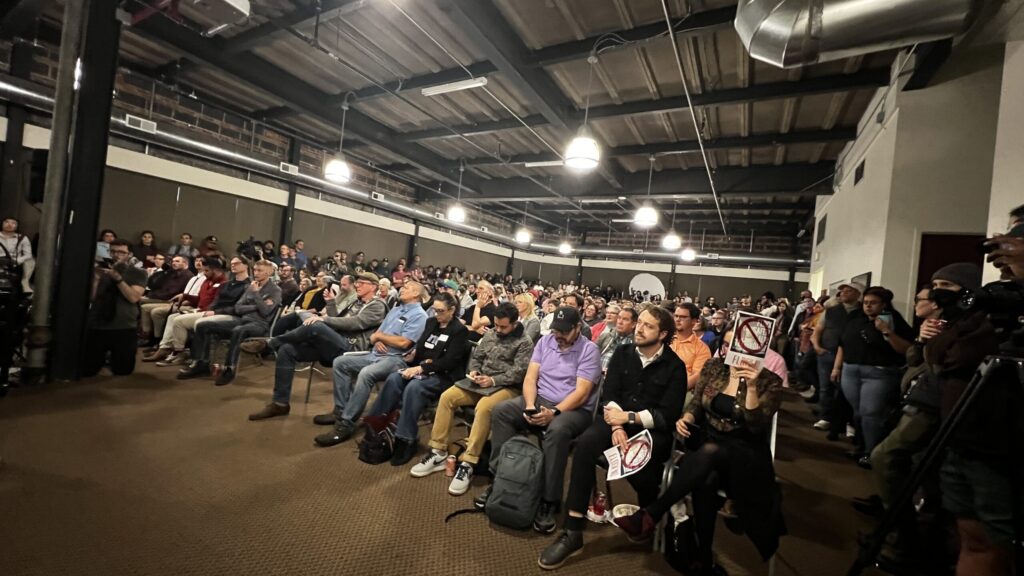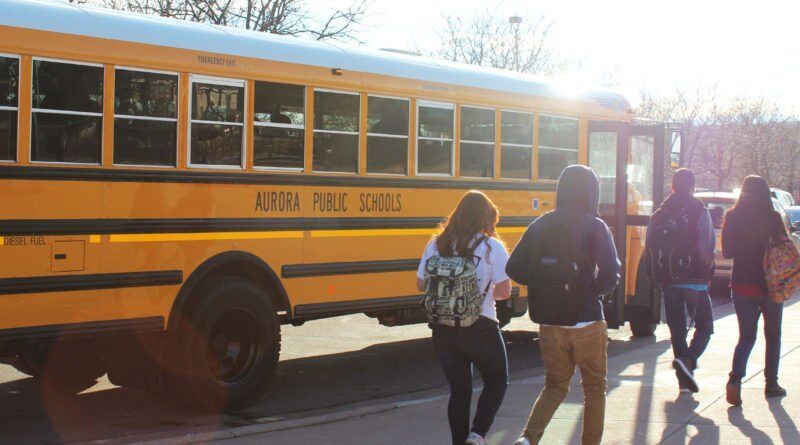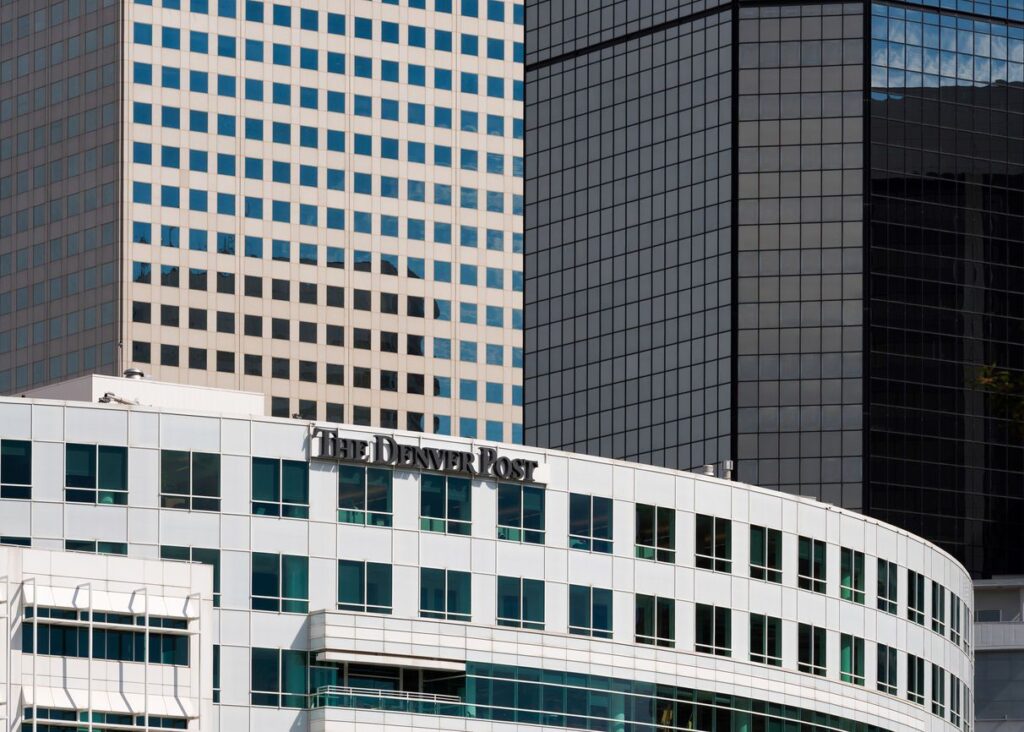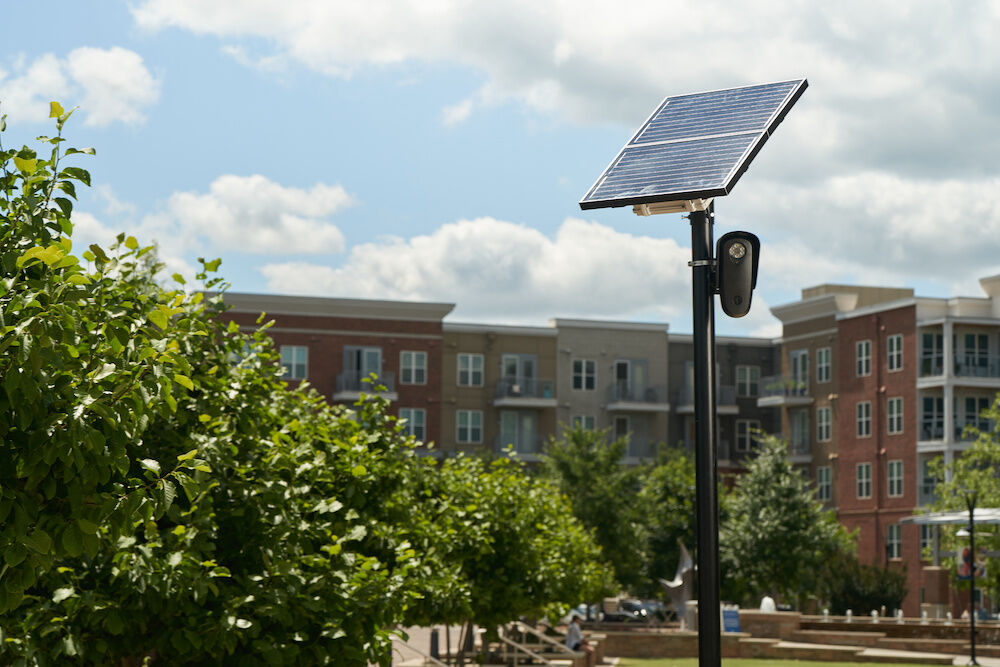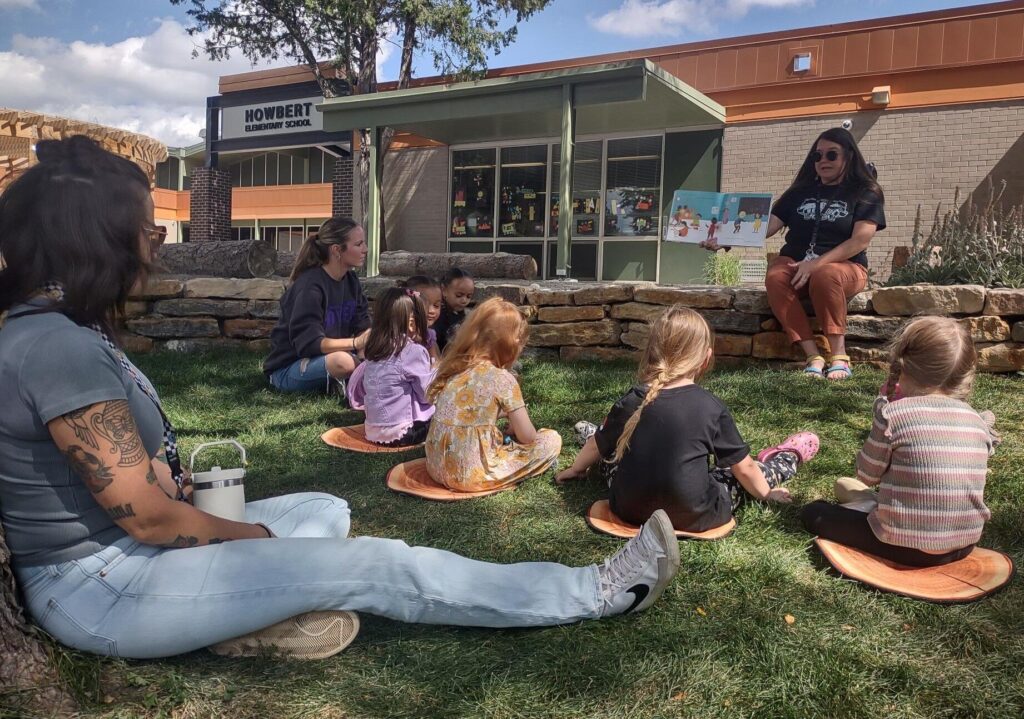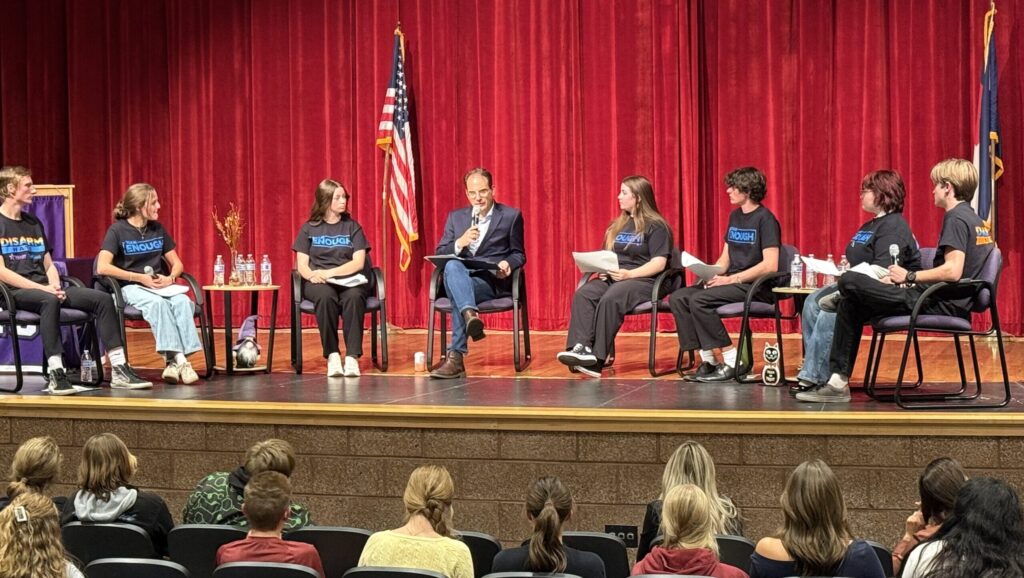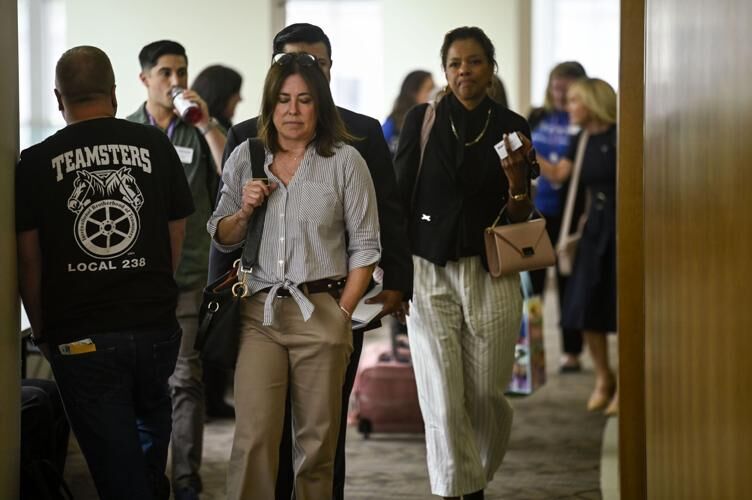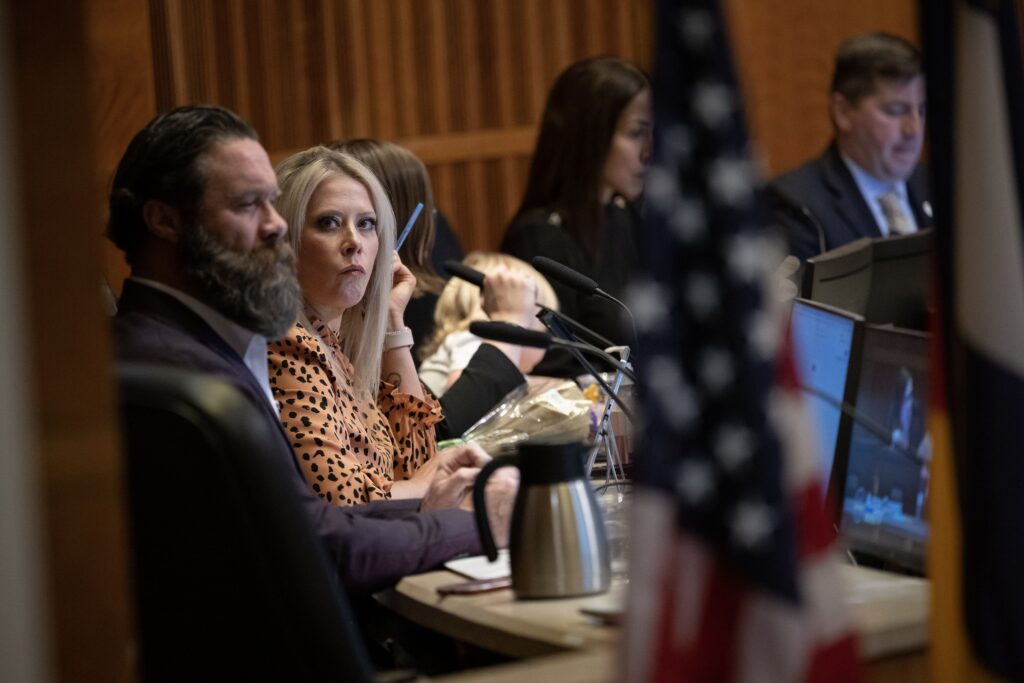Proposed ‘blanket ban’ on flavored tobacco heads to city council
A bill prohibiting the sale of flavored tobacco products within the City and County of Denver got the nod of approval from the city’s Safety, Housing, Education and Homelessness Committee on Wednesday.
The vote was 6 – 1, with Councilmember Kevin Flynn casting the lone dissenting vote.
The next stop will be City Council for a final vote as early as Dec. 16, to pass the ordinance by the end of the year, according to District 9 Councilmember Darrell Watson, one of the bill’s sponsors.
If approved, the measure would amend Denver Municipal Code, making it illegal for any retail tobacco store to “sell, offer for sale, give, barter, deliver or furnish any flavored tobacco product or samples of such products.”
An exemption has been made for hookahs, citing low usage and community feedback regarding its cultural significance among Middle Eastern and African populations, Watson said.
The bill does not explicitly regulate cigars dipped in whiskey or alcohol, or cigar lounges.
Community members, health professionals and industry representatives packed the City Council committee room to provide public comment on the controversial measure that was previously passed by council in 2021, but vetoed by then-Denver Mayor Michael Hancock.
Supporters of the bill suggest the product’s sweet and candy-like flavors target youth, in particular, and serve as a gateway to further substance abuse.
“These products are designed to be enticing, using candy and fruity flavors to attract young people — and the marketing clearly targets vulnerable populations, including children in our communities,” said Milo Marquez, director of Latino Research and Policy Center at the University of Colorado-Denver. “Research has shown that flavored tobacco serves as a gateway for young people to develop lifelong addictions leading to devastating health consequences.”
The city estimates the economic impact of flavored tobacco products in Colorado amounts to $2.2 billion in annual healthcare costs, $4.4 billion in smoking-caused productivity losses and $415 million in estimated Medicaid costs — a $772-per-household tax burden.
According to the Campaign for Tobacco-Free Kids, more than 390 U.S. municipalities and five individual states — California, Massachusetts, New Jersey, New York and Rhode Island — have either restricted or ended the sale of flavored tobacco products.
Utah and Maryland restrict the sale of some flavored cigarettes.
In Colorado, Aspen, Boulder, Carbondale, Edgewater, Glenwood Springs, Golden and Snowmass Village are among the cities that have restrictions or bans already in place.
“Contrary to industry claims, Golden is not only thriving, but also setting a new standard for community health and economic vitality,” wrote Golden City Councilmember Bill Fisher in a letter to the Denver community regarding Golden’s 2023 decision to ban flavored tobacco. “Our 2024 tax sales revenues are reaching record heights and our businesses are resilient — not a single convenience store has closed due to the flavored tobacco ban.”
However, less than a year after the popular mountain community banned the sale of flavored tobacco and nicotine products, Golden City Council documents show the city set up a $100,000 fund to compensate small businesses impacted by the measure.
Retailers that sell tobacco products say the so-called “blanket ban” would force them to close and move outside of Denver.
Currently, 550 retailers in the city of Denver sell flavored tobacco products, according to the Denver Department of Public Health and Environment.
Phil Guerin, president of the Rocky Mountain Smoke-Free Alliance Board of Directors and owner of Myxed Up vape stores, estimates the overall economic impact of the ban would be the elimination of more than $13 million in tax revenue from the City and County of Denver.
“That would be [the equivalent of] 200 staff assistants or council aides or 35 district attorneys,” he said.
“Smokers incur 40% higher healthcare costs due to the treatment of smoking-related diseases,” Dr. Donna Lynne, CEO of Denver Health, said. “And that ultimately affects everybody in this room and everybody in this city, through higher healthcare expenses due to those treatments.”
The Coalition for Health, Opportunity, Innovation and Consumer Education (CHOICE) a non-partisan non-profit organization funded by Philip Morris International, believes that there is “an urgent need” to provide the 28 million adult smokers with access to and information about smoke-free alternatives to cigarettes.
While advocating for policies that ensure smoke-free nicotine products remain out of the hands of young people, CHOICE notes: “Underage smoking rates are at historic lows, and vaping rates are the lowest in 10 years, according to a statement on its website. “Commonsense approaches to limit underage access, such as education, raising the legal purchase age to 21, and enhanced age-verification requirements, are working and driving this continued decline.”


